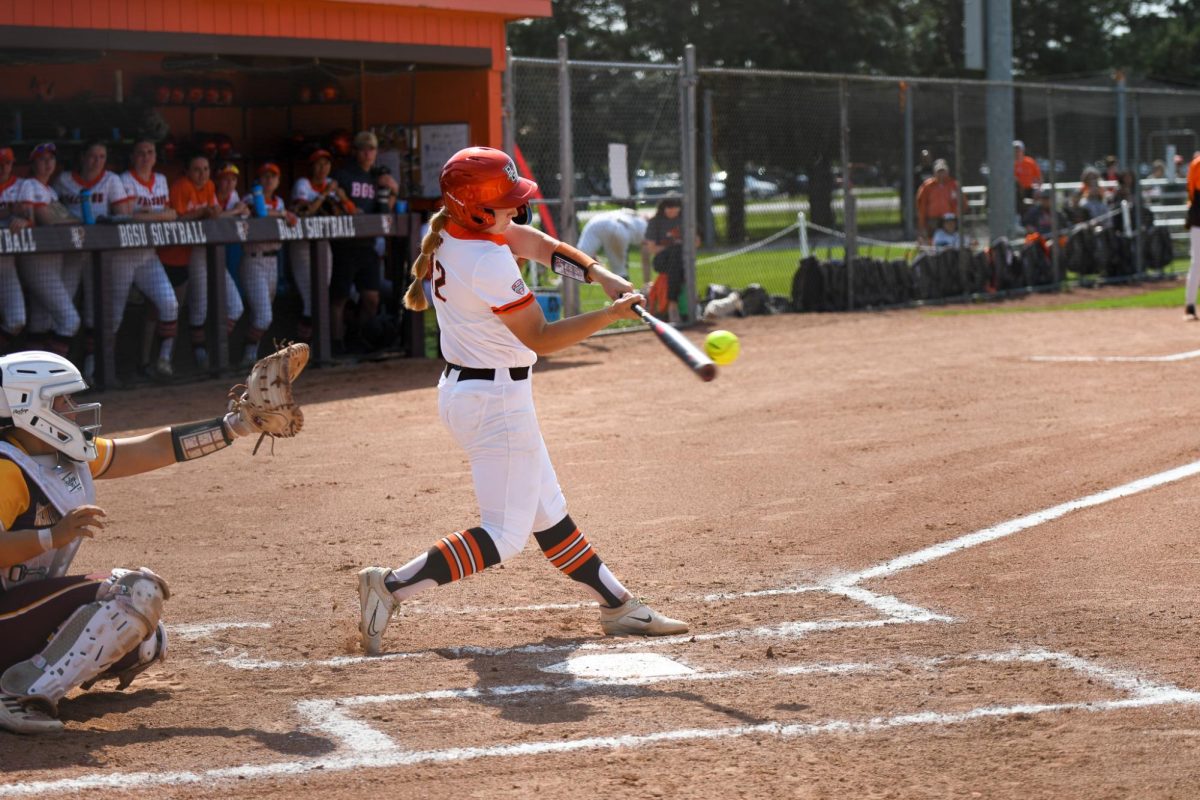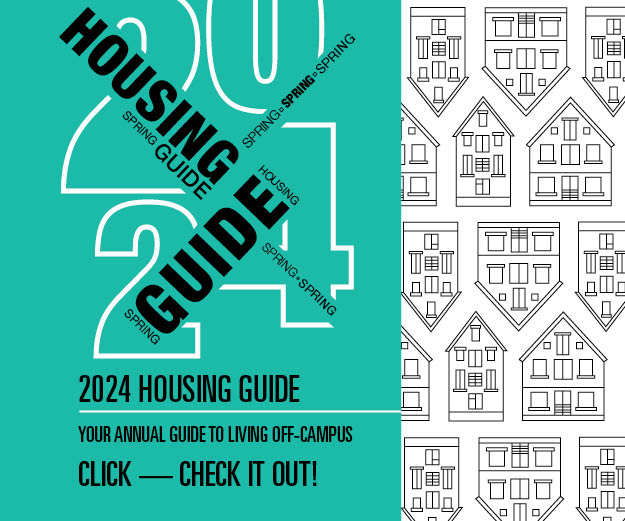The thousands of University students who illegally download music off the Internet should be feeling a little more secure. That’s because last month, the Recording Industries Association of America – a trade group representing the major recording labels in the music industry – announced an end to its relentless campaign of filing expensive lawsuits against college students who engage in online file-sharing. Since 2003, the RIAA has specifically targeted college students because we are unlikely to fight the charges in court and will instead settle out of court for $3,000 per case.
After dozens of lawsuits brought the RIAA bad press, including cases where the organization was found to be suing minors, the deceased, and even people without computers, the RIAA has finally changed its tune and is now asking individual Internet service providers to do the policing themselves. But just because the RIAA is done ripping off college students doesn’t mean we should forget that file-sharing is still illegal. It’s still possible to get in trouble with Internet service providers because they have the power to slow or stop Internet access for those who are downloading.
And that’s a problem because file-sharing shouldn’t be illegal, anyway.
It’s an easy philosophical argument. Stealing music over the Internet just isn’t really stealing. Music is only information, and information can’t be stolen in such a way that the original information is no longer available. If you take the disc – the physical disc that the information is on – then you’ve stolen because the owner no longer has access to that specific disk. But just downloading a song online isn’t technically stealing because you haven’t prevented anyone else from accessing that information. What you did was essentially produce a copy – a copy that is the same as the original in every single way, but is still available to everyone else.
In response to this line of thinking comes a deluge of criticism that all boil down to this fear: the artists aren’t getting credit for their music and they won’t be able to make a living anymore, resulting in the demise of the industry. But this fear is unfounded. Despite what the RIAA claims, record sales are not diminishing substantially because of illegal downloads. The RIAA contends that every illegally downloaded song is lost revenue, but just because you downloaded a song doesn’t mean you would have purchased it. A 2004 study conducted by economists entitled “The Effect of File Sharing on Record Sales” concluded that “downloads have an effect on sales which is statistically indistinguishable from zero.”
It may even be true that file-sharing is good for the music industry. The online community is a great place for new artists to gain exposure. You may not be willing to buy a CD by a band you’ve never heard of, but you’d be more likely to download it and listen to it – and then maybe you’ll recommend this band to a friend who will buy the CD or go to the band’s concert. You might even buy a T-shirt.
Aside from the possible benefits of file-sharing, another good indication that downloading shouldn’t be illegal is that so many people are doing it and very few people think it’s wrong. The vast majority in American society does not break laws, and if many people are breaking them it probably means the laws are flawed, not the people. A study conducted by the Solutions Research Group in 2006 found that only 38 percent considered downloading a copyrighted song to be a “very serious offense.” Are the people who responded to the survey just immoral thieves? Not really. In the same study, 78 percent of people surveyed said that taking a CD from a store without paying was a very serious offense. Fifty-nine percent considered parking in a fire lane to be very serious. So it’s not that people are lawbreakers, it’s just that laws against file-sharing are mostly pointless.
With the RIAA backing off college students, it may be tempting to forget about the legal status of file-sharing. Though fewer lawsuits is a welcome change, there’s no reason that anyone should be punished for downloading, even with a punishment as trivial as a slowed Internet connection. Punishing illegal downloading just isn’t necessary at all, because far from stealing, file-sharers are actually giving musicians some positive press – and that’s more than can be said for the RIAA.


















